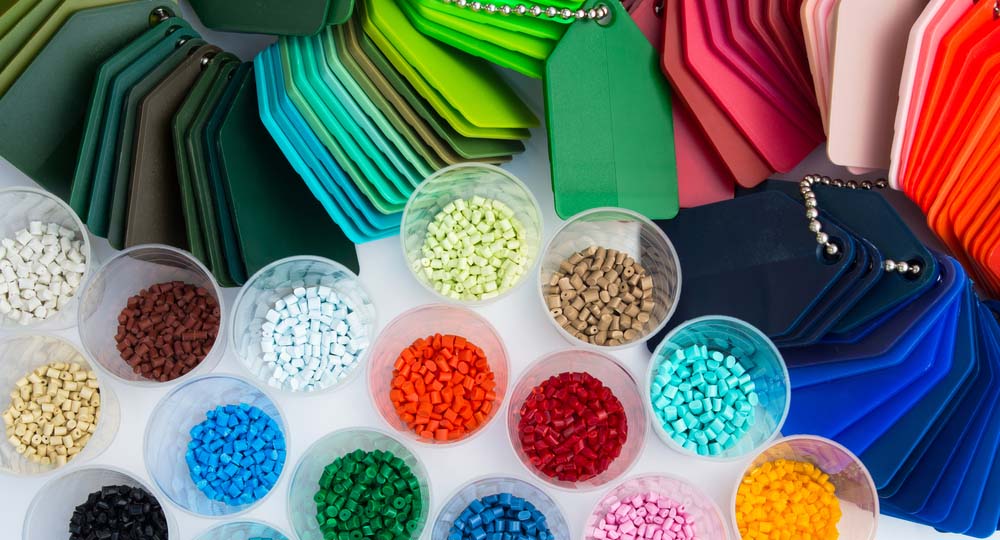ASTM F963 Phthalates Leachability Test
The ASTM F963-17 Standard Specification for Consumer Safety of Toy Materials is a comprehensive set of guidelines and test methods aimed at ensuring the safety of toys sold in the United States. Within this specification, Section 8 outlines tests to evaluate the potential risks associated with phthalates and other plasticizers used in toy manufacturing.
The ASTM F963 Phthalates Leachability Test is a critical component of this regulatory framework. This test evaluates whether certain phthalate esters can leach out from materials into an environment where they might come into contact with children, such as during play or use. The primary goal is to ensure that toys do not expose children to harmful levels of these chemicals.
The test involves submerging the toy or its components in a solution designed to mimic human skin exposure conditions (typically ethanol). After incubation for a specified period, the solution is analyzed using gas chromatography and mass spectrometry techniques to determine the amount of phthalates that have leached from the material.
Phthalates are widely used plasticizers that enhance flexibility and durability in toys. However, some phthalates can be harmful if they migrate into children’s bodies through ingestion or inhalation during play. This test helps manufacturers ensure compliance with regulatory limits set by ASTM F963 and other relevant standards.
By conducting this test early in the development process, toy manufacturers can identify potential issues related to phthalate migration and take corrective actions before products reach market shelves. Additionally, it provides valuable data for quality managers responsible for maintaining product safety throughout the lifecycle of a toy line.
The ASTM F963 Phthalates Leachability Test is not just about meeting regulatory requirements; it’s also an essential tool in protecting public health and fostering trust among consumers who value safe products. Compliance with this test ensures that toys meet rigorous standards set by recognized organizations like ASTM International, which helps build confidence in the safety of children's playthings.
For manufacturers aiming to comply with international regulations or those seeking to expand their market reach into countries where similar tests are mandated, understanding how to perform and interpret results from this test is crucial. It serves as a benchmark for evaluating product quality and ensuring that toys remain safe even under prolonged contact conditions.
In summary, the ASTM F963 Phthalates Leachability Test plays an integral role in safeguarding public health by preventing harmful substances from migrating into children’s environments through play. Its significance cannot be overstated given its direct impact on consumer safety and trustworthiness of toy products globally.
Benefits
- Ensures compliance with ASTM F963 standards, enhancing product safety.
- Provides peace of mind for quality managers and compliance officers by identifying potential hazards early in the development process.
- Promotes transparency and trust among consumers regarding toy safety.
- Aids manufacturers in meeting international regulations and expanding market reach into regions requiring similar testing protocols.
- Facilitates R&D efforts focused on developing safer materials for use in toy manufacturing.
- Reduces the risk of recalls or legal actions due to non-compliance with phthalate limits.
The ASTM F963 Phthalates Leachability Test is a vital step in ensuring that toys meet stringent safety requirements, thereby protecting both children and the broader community from potential harm caused by harmful substances like certain phthalates. By incorporating this testing into their quality assurance processes, toy manufacturers can demonstrate their commitment to responsible manufacturing practices.
Eurolab Advantages
At Eurolab, we pride ourselves on providing cutting-edge analytical solutions tailored specifically for our clients' needs. Our expertise in conducting ASTM F963 Phthalates Leachability Tests is unmatched due to several key advantages:
- State-of-the-Art Facilities: Equipped with advanced gas chromatography and mass spectrometry (GC-MS) instrumentation, we ensure precise measurements and reliable results.
- Experienced Technicians: Our team comprises highly skilled professionals trained in the latest techniques for accurate sample preparation and analysis.
- Comprehensive Reporting: We offer detailed reports that not only provide quantitative data but also interpret findings within the context of relevant standards like ASTM F963.
- Rapid Turnaround Times: Leveraging our efficient workflow, we can deliver timely results without compromising on accuracy or thoroughness.
- Comprehensive Support: From initial consultation to final report delivery, our customer service team is available round-the-clock to assist you every step of the way.
Our commitment to excellence extends beyond just performing tests; we also prioritize understanding your specific requirements and working closely with you to tailor services that meet those needs precisely. Whether it’s advising on material selection or providing detailed insights into test outcomes, Eurolab is here to support you throughout the entire process.
Environmental and Sustainability Contributions
The ASTM F963 Phthalates Leachability Test contributes positively towards environmental sustainability by promoting safer alternatives in toy manufacturing. By identifying and minimizing the use of harmful phthalates, this test encourages manufacturers to explore greener options that are less toxic but equally effective.
- Reduces Toxic Waste: Ensuring toys do not contain excessive amounts of harmful chemicals helps prevent pollution during disposal or incineration processes.
- Incentivizes Innovation: The need to meet stringent safety standards drives innovation in safer materials and production methods, potentially leading to broader industry-wide improvements.
- Promotes Responsible Consumption: Consumers become more aware of responsible purchasing choices when faced with information about which products comply with rigorous safety testing protocols like ASTM F963.
- Educational Value: The emphasis on safe materials for children’s products can educate both the industry and consumers about the importance of environmental stewardship in everyday decisions.
By adopting practices that align with ASTM F963, toy manufacturers contribute significantly to reducing their ecological footprint. This not only benefits immediate stakeholders but also sets a precedent for future generations by fostering safer, more sustainable manufacturing practices across the industry.





